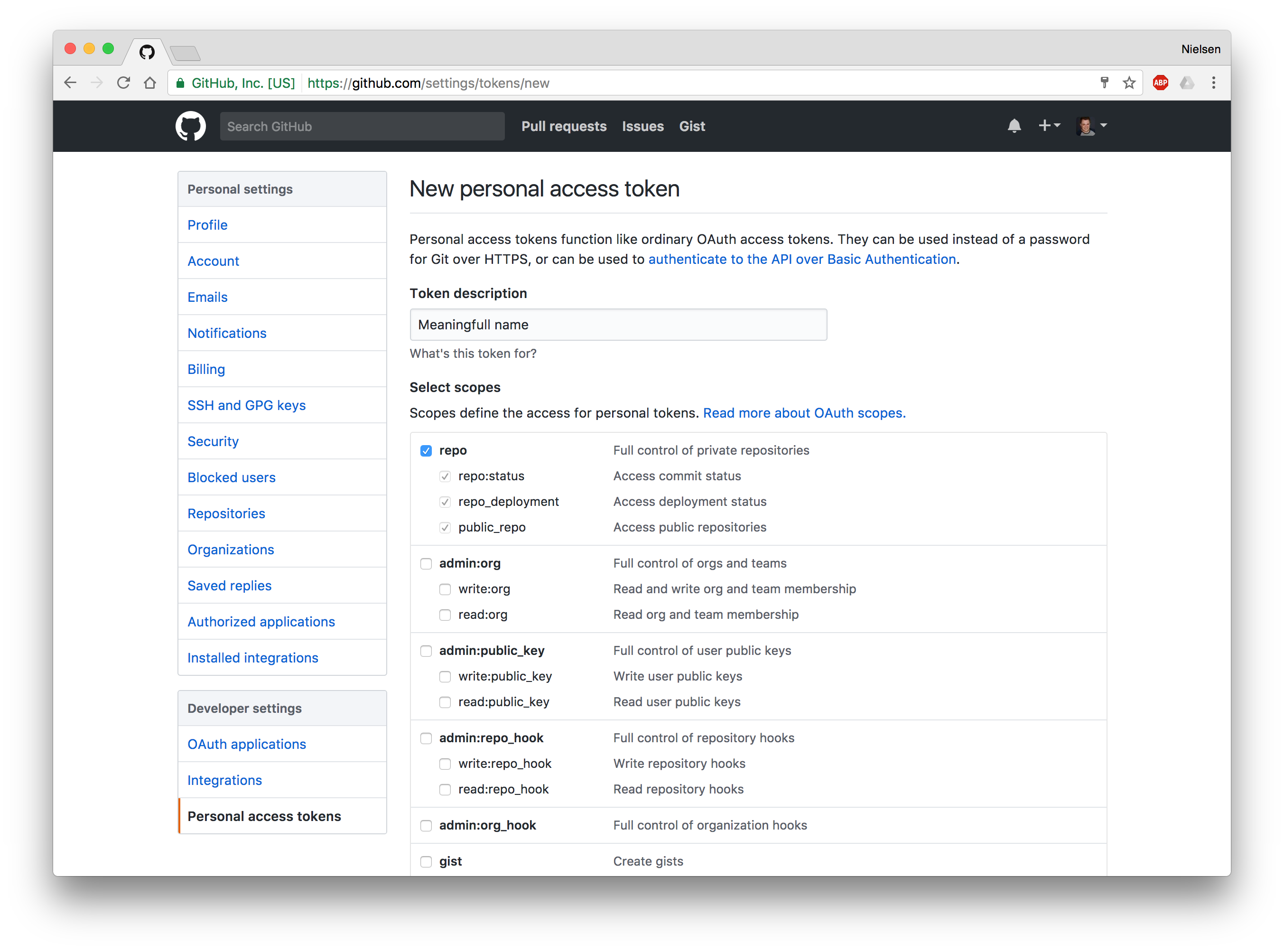-
Notifications
You must be signed in to change notification settings - Fork 444
New issue
Have a question about this project? Sign up for a free GitHub account to open an issue and contact its maintainers and the community.
By clicking “Sign up for GitHub”, you agree to our terms of service and privacy statement. We’ll occasionally send you account related emails.
Already on GitHub? Sign in to your account
GitHub pages theme support #144
Comments
|
@migueldemoura Where do you see Chalk is on the supported themes list? Not sure what I need to test :D |
|
@migueldemoura Aah I see it now! Hmm I probably have to make a gem for it to work right? |
|
Honestly, I have no idea. They seem to provide some docs and a link for devs to contact them, though. This could essentially solve this issue: #57. Edit: I think Chalk is listed due to this: #57 (comment) (theme gem is already done by @ptsurbeleu) |
|
@nielsenramon and @migueldemoura - folks, where have you found Chalk in the list of officially supported themes for Github Pages? Yup I've already scripted the process but delayed it since then to hook it up with my automation platform - to build, validate and publish new version of the gem with each push to MASTER branch. Maybe that is the right time to revisit it again and finally wire it up 😃 |
|
I'm currently getting an error when using chalk as a github pages theme. I followed Github's instructions, added the theme via and I get the following error: |
|
@markentingh i'm getting the same error, I can build locally but after executing npm run publish, Github is giving me |
Is there a solution for this yet? |
|
I've spent a lot of time getting chalk to work with GitHub Pages, and finally got it to work. For anyone who's looking for information on this, here's what I did. The issue is 1. Create
|


Hey @nielsenramon, check this out: https://blog.github.com/2017-11-29-use-any-theme-with-github-pages/
Chalk is on the supported themes list, so this should work. Have you tried it yet?
The text was updated successfully, but these errors were encountered: